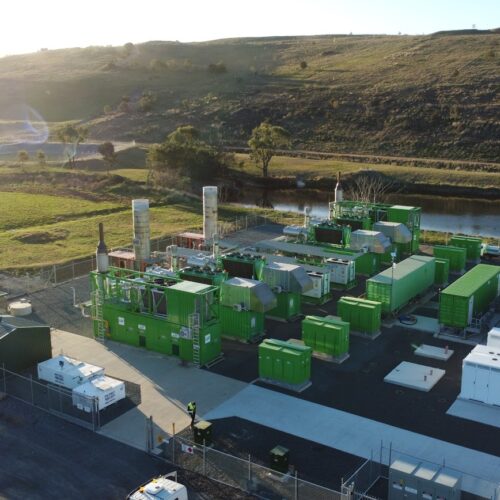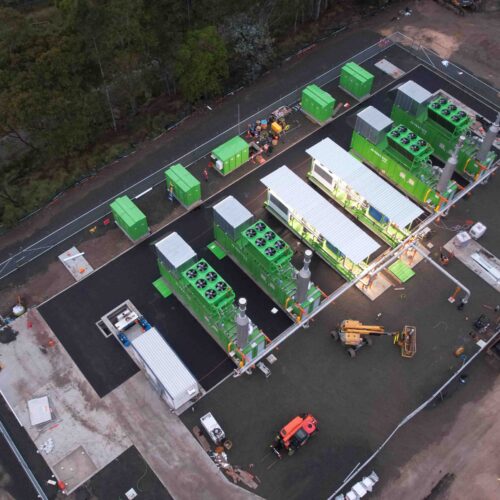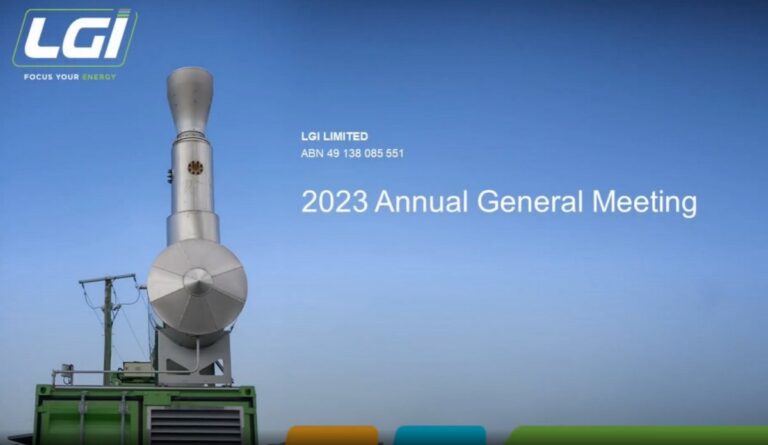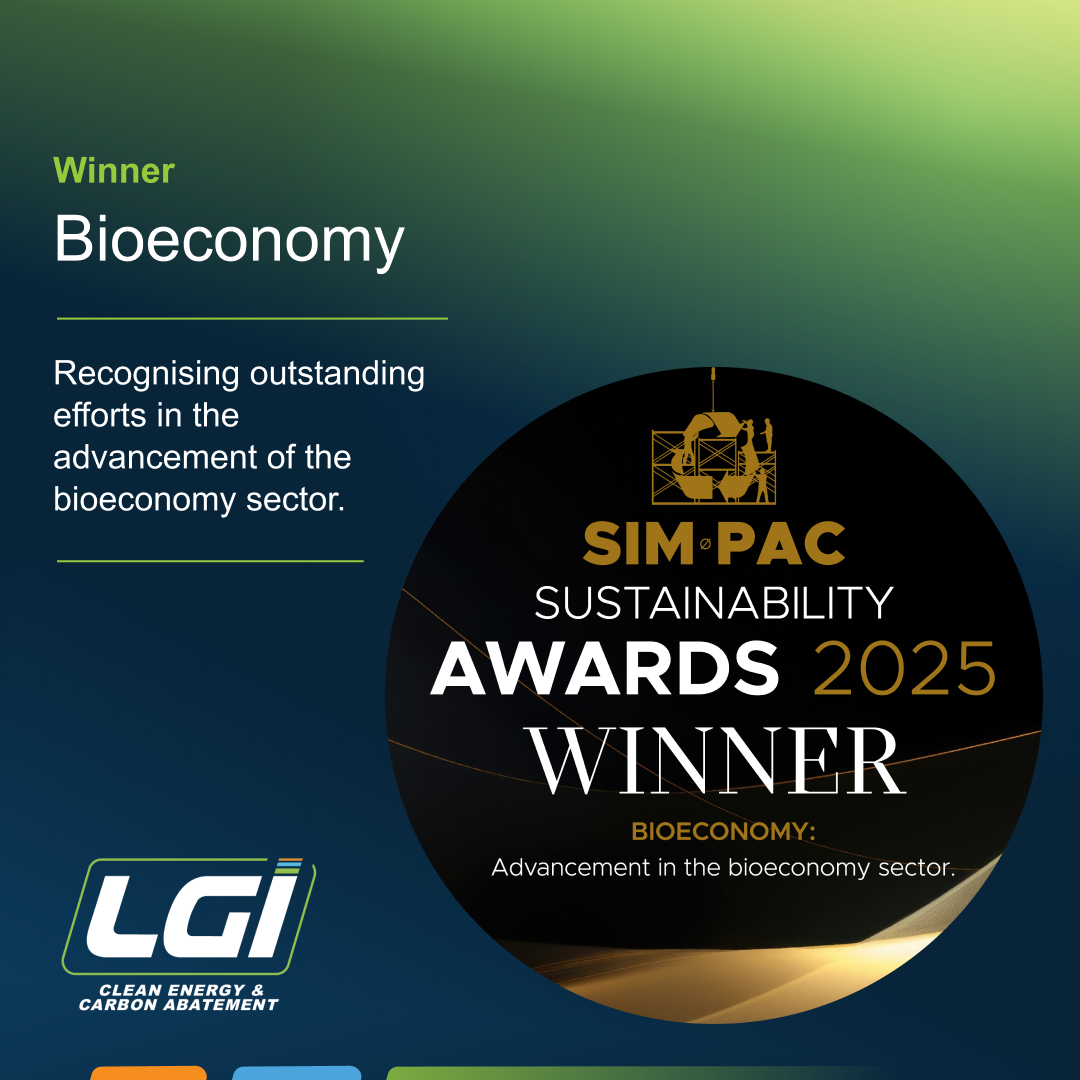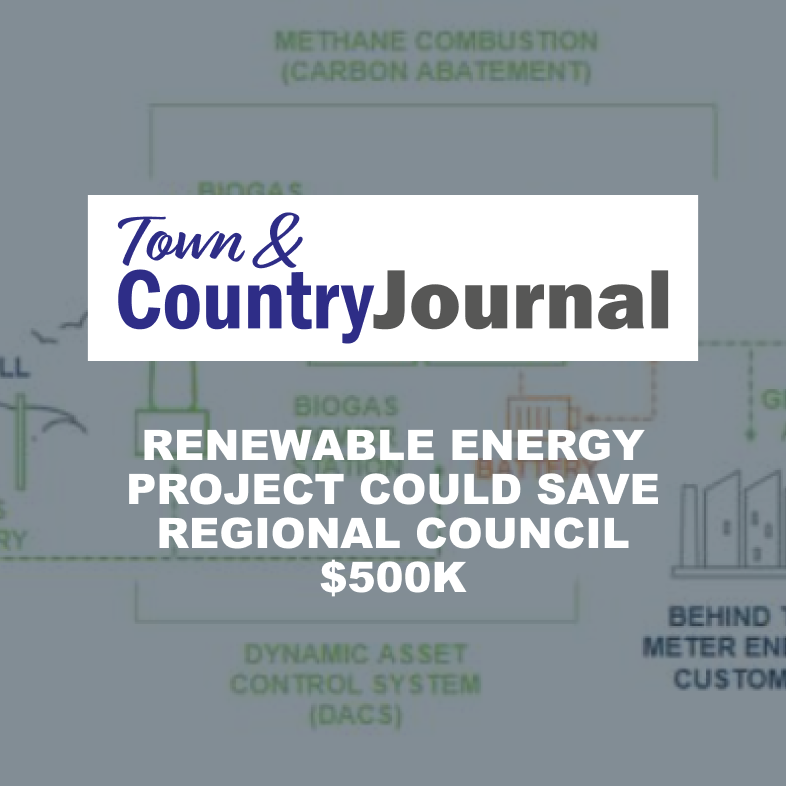Australian Carbon Credit Units (ACCUs) are an essential pathway to achieving net zero, but not all ACCUs are created equal.
One ACCU is generated for each tonne of carbon emission stored or avoided above a baseline from approved projects. In some cases, this can be difficult to measure and there can be risks of stored emissions returning to the atmosphere (think bushfire).
In other words, some ACCUs may not represent permanent and additional emissions reduction.
At LGI, we create ACCUs which are accurately measurable and represent permanent, irreversible carbon abatement.
Active Landfill Gas Extraction – the capture and combustion of landfill-produced methane (a greenhouse gas 28 times more harmful than carbon dioxide) converted into carbon dioxide and water.
You can’t unburn methane, so this process reduces greenhouse effects by 96 per cent – immediately and irreversibly with a list of benefits as long as a clear blue sky.
The New ACCU Method for Reducing Methane Emissions from Landfill Gas
Reducing Methane Emissions from Landfill Gas Method 2025
LFI fully supports this new method for reducing methane emissions from Landfill Gas (LFG) and congratulates Department of Climate Change, Energy, the Environment and Water (DCCEEW) for completing the implementing reforms to the ACCU Scheme, recommended by the 2022 Independent Review of ACCUs (aka Chubb Review). We also welcome the addition of a mechanism to assist both flaring-only projects and smaller, regional projects, which we advocated for during the review process.
This method provides the certainty – especially for continuing investment in smaller and regional LFG abatement projects. It will improve the integrity of ACCUs from LFG and to enable more genuine, additional abatement of LFG methane. LGI looks forward to registering and developing new projects under this method to deliver more carbon abatement which is immediate, measurable and permanent.
LGI was actively involved in the review process led by DCCEEW, which included public consultation and the engagement of a Technical Working Group, of which Dr Jessica North, our Chief Sustainability Officer and an LGI Director was a member.
To enable practical implementation, we suggested some operational improvements for measurement and to facilitate a smooth transition of projects to the new method. We requested more clarity regarding Safeguard LFG projects (and emphasized that we do not agree with landfills being included in the Safeguard Mechanism as an effective policy to reduce LFG emissions).
Being strong advocates of transparency to underpin integrity for ACCUs, our submission to the public consultation process is available here.
LGI - Why LGI's ACCUs are a premium option?
LGI's ACCUs can help any organisation needing carbon credits to achieve their net zero ambitions.
LGI has the experience, team and in-house resources to plan, build and run landfill gas extraction at your site. This is combined with a dedication to long-term partnerships, and our expertise in creating and managing Emissions Reduction Fund (ERF) projects. We create ACCUs of the highest integrity, which can help any organisation needing carbon credits to achieve their net zero ambitions.
Immediate
Carbon is being abated as soon as landfill gas flaring begins.
Measurable
Full transparency and high levels of accuracy translate to provable impact.
Permanent
The 96% reduction in greenhouse effect from flaring is irreversible.
LGI has the highest abatement baselines in the landfill gas industry
ACCUs are only issued for going above and beyond established baselines.
At LGI, we believe we have the highest ACCU baselines in the landfill gas industry. We stand by our results and are the first and possibly the only landfill gas company to publish baselines and other ACCU project data on our website.
Contact us today if you need ACCUs of the highest integrity or if you have a landfill site which we could help to turn into a clean, green ACCU-generating machine.
- Australia
- 57 Harvey Street North
Eagle Farm 4009 QLD - 07 3711 2225
- enquiries@lgi.com.au
"*" indicates required fields

